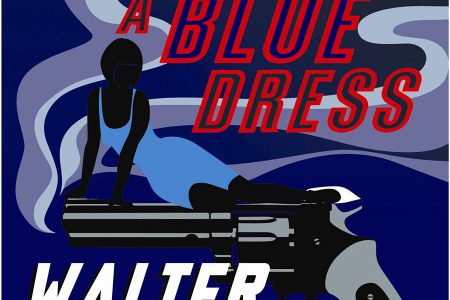By Justin Cronin
One of the great things about the internet: it was because of an item I skimmed on io9.com that led to me picking up this book. I hadn’t heard of the author before, and I’m not a great fan of reading hardback books, but I was intrigued by the concept and was surprised to see it on the shelves of my local library (and that it was in the general fiction section).
The Passage is a huge book (766 pages) with small type, so it’s a huge undertaking before getting into the story itself. And, apparently, it’s the first in a trilogy, so we’re talking about a lot of words here to tell the complete narrative. However, the prose and the idea were sufficiently entertaining and enthralling to have kept me hooked throughout.
The book starts in the near future, where a virus has been discovered that seems to cure all in illnesses and improve the functioning of the human body, and an FBI agent, Brad Wolgast, is going around the USA to find death-row inmates to sign up to become the first human test subjects for the treatment. When he is asked to bring in a six-year-old girl called Amy to be a subject, he begins to have second thoughts. The true nature of the virus is to turn the subjects into vampires, but a vicious and powerful version that kills to feed (rather than romantic types who glitter), with the exception of Amy. The military post where the experiments are being performed become ground zero for a devastating infection that practically wipes out civilisation in America.
The story jumps forward (after 250 pages of this set up) to 90 years later, and a colony of human survivors in California, who are protected by the large amount of sunshine and electrical lights that sufficiently disorientate the Virals, as they call them, so they can be killed (there is a weak spot above the heart). Cronin introduces us to the people who live there and how they survive, and what happens as some of them discover that the electrical supply for the lights begins to dwindle as the batteries fail. Also, Amy is still alive, although still not much physically developed into teenage years, and how she becomes connected to some of the survivors and the quest for the next stage in survival.
Cronin spends a lot of time with his characters, so you know all you need to know about them for the story, but it never feels like massive exposition dump due to his clear and clean writing style. He is also very atmospheric in his writing – there is a section that is a diary recollection of a survivor in the colony talking about her evacuation from a major city that really evoked the sense of dread and panic; I read this sequence as I was on the tube on my daily commute, filled with people in the middle of London, and it gave me chills as I walked out of the station and imagined what might happen to people in the same situation. It is a very long book but I was constantly engaged with the narrative and the various characters, and could easily kept reading more (the book ends with a conclusion of sorts, but it is obvious that it is only part of the story). There is a lot of world-building but it was done with aplomb, and the nature of the Virals he has created is a sufficiently new twist on the concept (at least to me) to mean that I wanted to read this about this world. I thoroughly enjoyed the book, and look forward to being able to read the rest of the trilogy some time in the near future.




